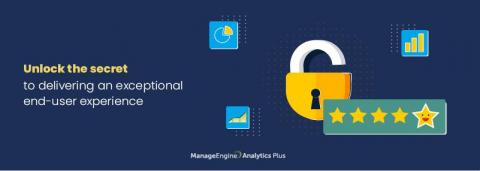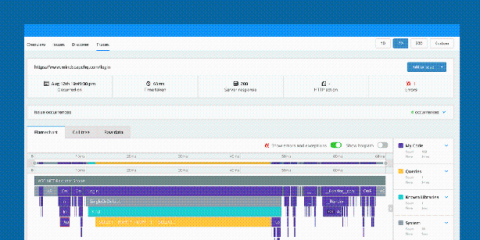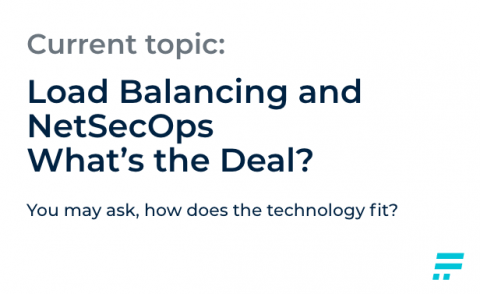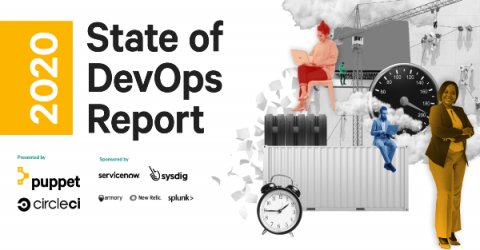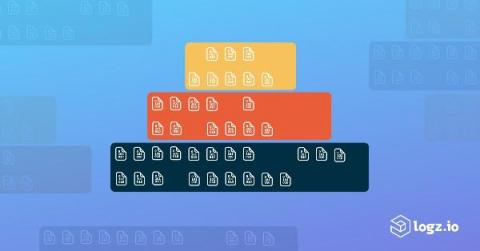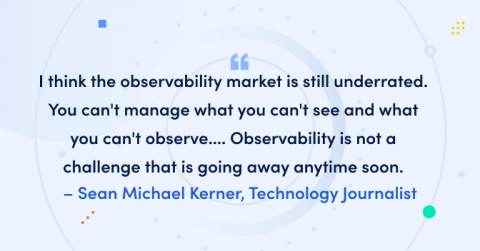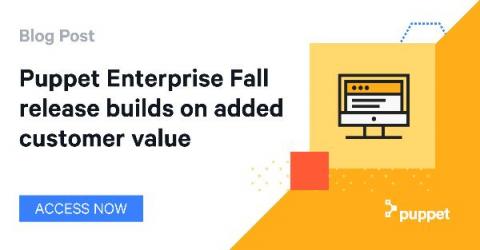Operations | Monitoring | ITSM | DevOps | Cloud
Latest News
6 ways to use analytics to deliver an exceptional end-user experience: Part 1
The rules of customer engagement have changed drastically in the last decade, not only for direct customer-facing roles but also for internal customer-facing roles such as technical service team staff, NOC admins, and more. Organizations across the globe are now fully aware that great customer service from support teams and NOC teams can have a lasting impact on employee productivity, morale, and in turn, the organization’s overall revenue churn and growth.
Fast-track bulk Microsoft 365 object creation with M365 Manager Plus
User account creation is a long-winded process that involves various configurations. Such a tiresome, manual process is naturally prone to errors, especially while creating user accounts in bulk. Errors made in the user provisioning process will result in frustrated users calling the service desk to request permission to access resources, to be added to the appropriate groups, to update missing profile details, etc. Why provisioning users through the Admin Center is inefficient.
How to build 3 powerful APM workflows with Raygun
Load Balancing and NetSecOps - What's the Deal?
Kemp, known for its well-tuned and easy-to-use load balancer LoadMaster, has acquired Flowmon, extending its product portfolio and growing through acquisition. So you may ask, how does the technology fit?
Flowmon and Kemp Together. Why it Makes Sense
For more than a decade we have been concentrating our best talents into two areas. Improving technology and making our products available globally. Now, the time has come to massively scale up our business and technological power.
2020 State of DevOps Report is here!
With only 49 days before this very long year comes to an end, we’re thrilled to announce the 2020 State of DevOps Report is finally here. We’re in our ninth year producing the State of DevOps Report; at this point, more than 35,000 technical professionals from around the world have contributed to this body of research, the longest-running and most widely referenced DevOps research in the industry.
Cost-Efficient Data Management with Logz.io Smart Tiering
Logz.io Smart Tier gives you the flexibility to place data on different tiers to optimize cost, performance and availability. Unlike the traditional hot-warm-cold paradigm, Logz.io Smart Tier gives you a “hot” real-time experience while on a “warm” tier, at a reduced cost.
The observability market is heating up, but is it more than just hype? Industry watchers weigh in
The observability market is undoubtedly hot. Consider the headline-grabbing evidence: multiple IPOs, hundreds of millions of dollars in venture capital funding for startups, and huge market caps of vendors playing in the space totalling more than $80 billion. Still, it has to be asked: Is all the hype warranted, or is this really just “absurdability”? We asked seven industry watchers to weigh in.
Puppet Enterprise Fall release builds on added customer value
I’m excited to announce the release of Puppet Enterprise 2019.8.3. This release builds on a number of important product enhancements based on customer feedback and delivers on the second phase of our highly requested Value Dashboard.



